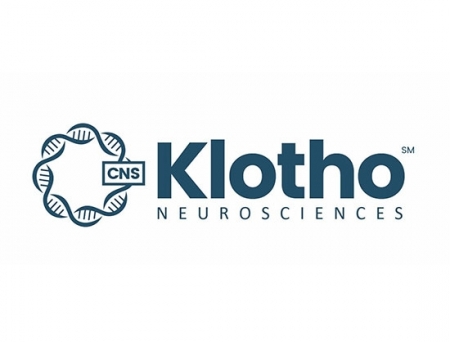Klotho Neurosciences to Broaden Development Programs Beyond Neurology

Klotho Neurosciences, Inc. has announced that it is evaluating the acquisition of several complementary technologies aimed at supporting healthy brain function, organ health, and longevity.
In addition to its core programs targeting brain ageing and neurodegenerative diseases such as ALS, Alzheimer's, and Parkinson's, the company is now seeking to expand into adjacent technologies that complement its proprietary anti-ageing Klotho platform. The goal is to slow biological ageing and reduce the burden of age-related diseases—ultimately promoting a longer, healthier life.
“As announced previously, we've begun manufacturing and clinical development of KLTO-101 and KLTO-202,” said Klotho CEO Dr. Joseph Sinkule. “We're also exploring other treatments that could support healthy ageing and extend human longevity.”
The human Klotho gene is strongly linked to ageing and longevity. Klotho levels decline with age, contributing to age-related disorders such as cardiometabolic disease, neurodegeneration, cancer, sarcopenia (muscle wasting), osteoporosis, and general fatigue. Silencing of the Klotho gene has been shown to accelerate multi-organ deterioration.
“The Klotho gene is what we call a master gene,” stated Shalom Hirschman, a renowned physician and senior consultant to KLTO. Dr. Hirschman goes on to say, “the Klotho gene has pleotropic actions modulating many critical cellular pathways including insulin resistance, insulin-like growth factor-1, FOXO3 transcription factors, and Wnt signalling pathways leading to the reduction of inflammatory and mitochondrial oxidative stresses and other cell-damaging mechanisms that can be prevented by two α-Klotho protein isoforms – soluble Klotho and secreted-Klotho.”
“We're assembling a team of scientists, clinicians, and business leaders focused on identifying key longevity indicators,” said Jeffrey LeBlanc, Klotho CFO. “This includes evaluating genes and proteins such as alpha-Klotho, beta-Klotho, FOXO3, anti-myostatin, and their isoforms.”
Dr. Sinkule added, “If people don't die of cancer or trauma, they often succumb to age-related diseases of the brain, heart, kidneys, liver, bone, or muscle. Our mission is to identify and develop complementary assets to delay these outcomes through targeted research and intervention.”
Anti-ageing Klotho platform Dr. Joseph Sinkule Jeffrey LeBlanc Klotho Neurosciences Shalom Hirschman
Last news about this category



We use our own and third party cookies to produce statistical information and show you personalized advertising by analyzing your browsing, according to our COOKIES POLICY. If you continue visiting our Site, you accept its use.
More information: Privacy Policy














